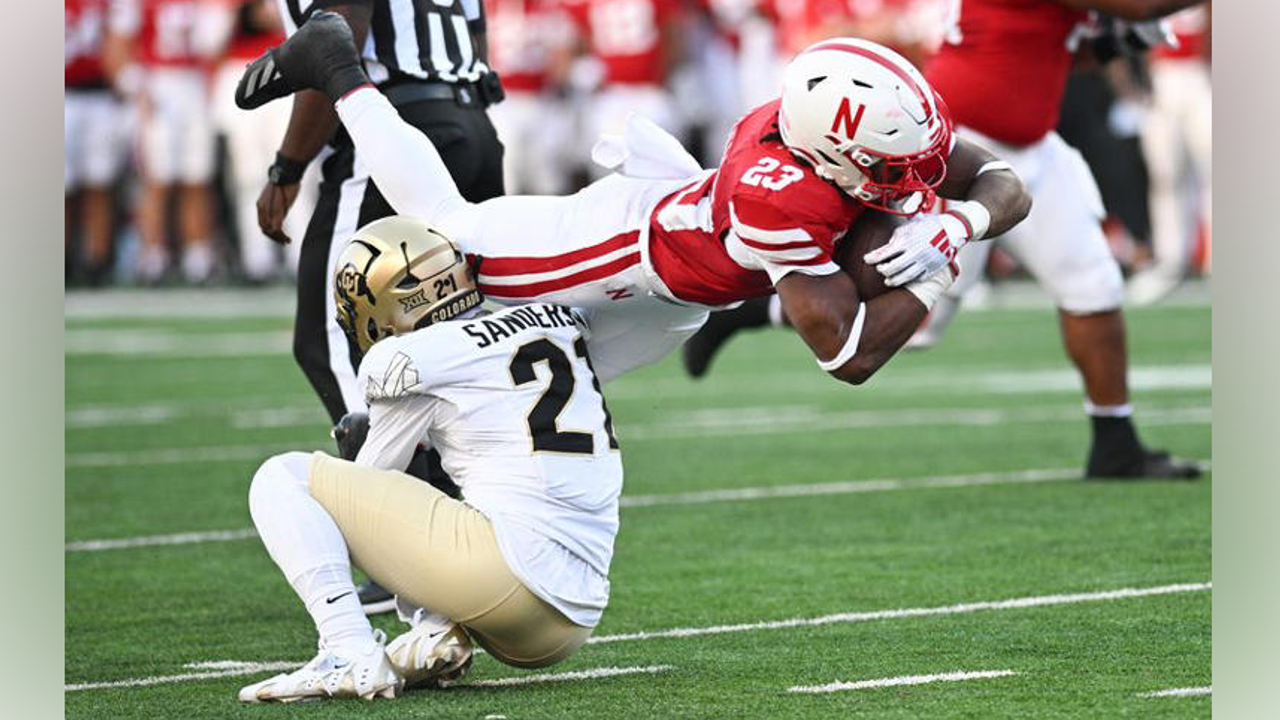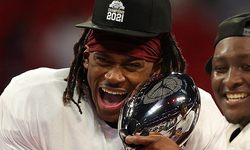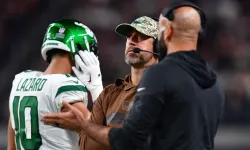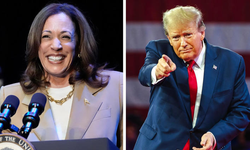In an era where coaching rivalries are often marked by hostility or carefully crafted platitudes, Rhule’s remarks struck a unique tone. His message, delivered with a sense of blunt honesty, has divided opinions across the sports world. Some see it as a sign of a brewing rivalry, while others view it as a rare show of respect between competitors. But no matter how you interpret it, Rhule’s comments have added a new layer of intrigue to the burgeoning Colorado-Nebraska narrative.
The Sanders Factor: The Rise of Shedeur and Shilo
For anyone following college football this season, it’s impossible to ignore the rapid ascent of Shedeur and Shilo Sanders. Under the guidance of their father, Deion Sanders, they’ve been instrumental in turning Colorado into one of the most talked-about programs in the country. Shedeur, the talented quarterback, has wowed audiences with his composure and precision on the field, while Shilo, a defensive standout, has become a key figure in Colorado’s defensive schemes.
Their on-field success, coupled with the larger-than-life personality of their father, has made them polarizing figures. Fans and pundits alike either celebrate their achievements or critique their rise to prominence as part of the larger "Prime Time" spectacle. And it’s against this backdrop that Matt Rhule’s comments come into focus.
The Message: Competitive or Constructive?
After Colorado’s emphatic victory over Nebraska, many expected Rhule to deliver a standard post-game message. Instead, he surprised reporters by addressing Shedeur and Shilo Sanders directly, with what some viewed as a thinly veiled critique, while others interpreted it as a genuine message to the players.
"Those two young men, they're great athletes, no question about it," Rhule began, but his comments quickly veered into a deeper discussion about how they were raised under the spotlight of their father. "You can see Deion's influence, but I wonder what it’s like to grow up in that shadow. It's a lot of pressure, no matter how talented you are."
Rhule’s words didn’t stop there. He continued, “It’s one thing to succeed on the field, but the real challenge is off the field—how you handle yourself, how you build your own identity.”
The comments sparked an immediate reaction, with some reading them as a subtle dig at Shedeur and Shilo, questioning whether their rise is purely a result of their father’s influence or if they’ve truly earned it. Others saw Rhule’s words as a form of tough love, the kind of challenge a veteran coach might offer to young players on the rise. In either case, Rhule’s message hit a nerve.
The Fallout: A New Coaching Rivalry?
Deion Sanders, never one to shy away from a confrontation, was quick to respond to Rhule’s remarks. “My sons are their own men. They’ve worked hard to be where they are, and they’ll keep proving themselves,” Sanders stated in a post-game interview. “Anyone who knows me, knows I push them harder than anyone else. They didn’t get here because of me—they got here because they earned it.”
The exchange between the two coaches has fueled speculation about a brewing rivalry. With Rhule helming Nebraska, a storied program with deep roots in college football, and Deion Sanders quickly transforming Colorado into a powerhouse, the future matchups between these two coaches are already becoming must-watch events. What makes the situation even more compelling is the contrast in coaching styles—Rhule’s more traditional approach versus Sanders’ brash, media-savvy persona.
But beyond the surface-level drama, Rhule’s comments also raise a broader question: What is the role of legacy in sports? For players like Shedeur and Shilo, the shadow of their father is both a blessing and a curse. While it provides them with opportunities, it also invites scrutiny from those who wonder if they’ve truly earned their success. Rhule’s message, whether intended as a critique or a challenge, touches on this fundamental tension.
Looking Ahead: Legacy and Identity
As the season progresses, the eyes of the college football world will remain on Shedeur and Shilo Sanders—and on the budding rivalry between Matt Rhule and Deion Sanders. While the immediate focus is on the outcomes of the games, the deeper narrative is about legacy, identity, and the pressures that come with being in the spotlight.
Rhule’s message, whatever its intention, has added another layer of intrigue to this season’s storyline. For Shedeur and Shilo, the challenge now is not just to succeed on the field but to carve out their own identities, separate from their father’s. And for Rhule, the question is whether his words will motivate—or further stoke the competitive fire in his rivals.
In the end, this isn’t just about a single game or a single season. It’s about the enduring drama of college football, where personal legacies and public rivalries intertwine to create stories that will be remembered for years to come.













